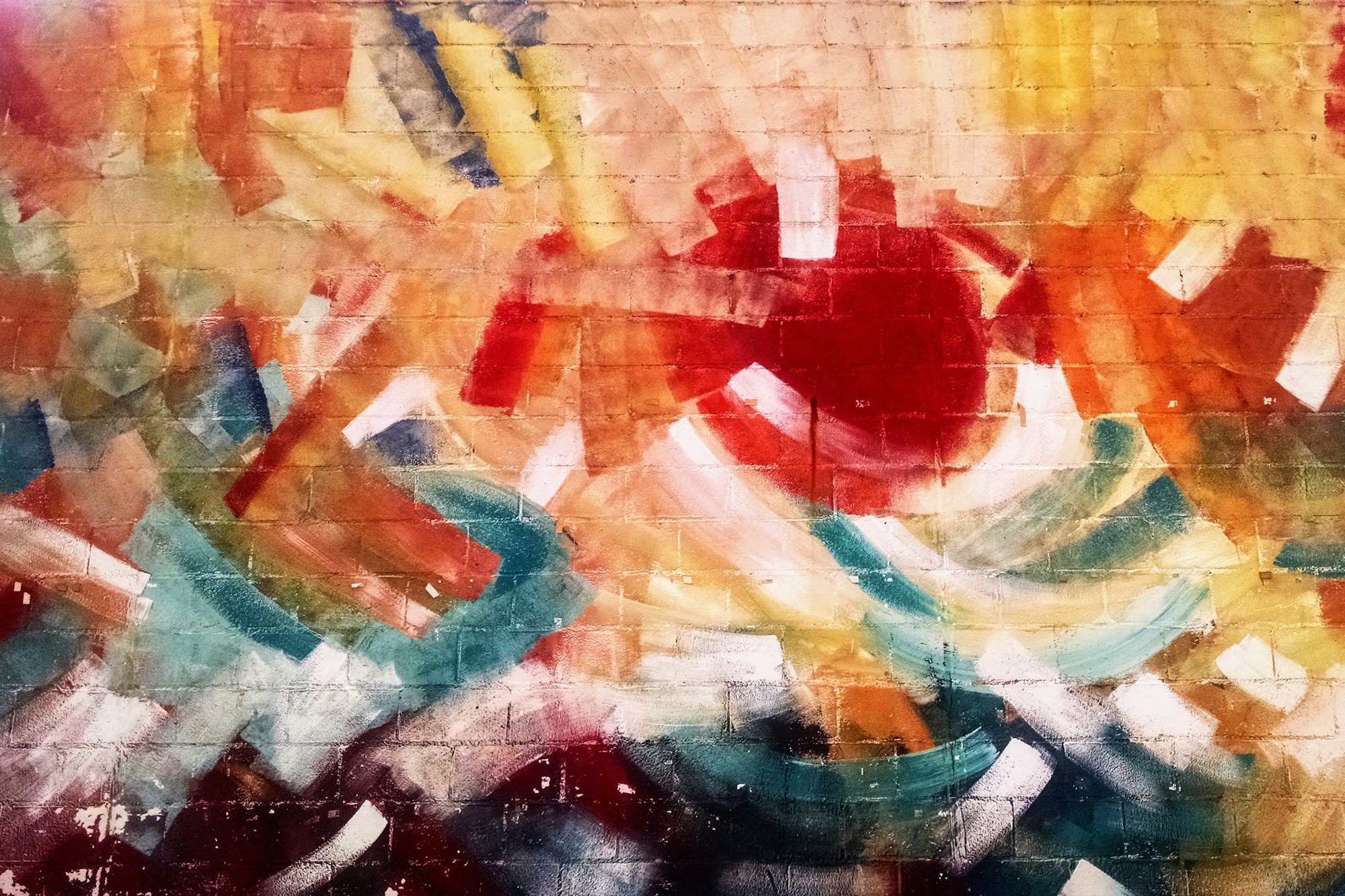A Question of Cow Consumption Sparks Religious Violence in India
Last week in India, police arrested eight people suspected of beating two men in their village of Bisara. After a local temple announced that one of the Muslim families in the village had been storing beef in their home, a mob of over 60 Hindus took matters into their own hands. After learning of this accusation, the mob pulled a man and his son out of their house to beat them. The father died as a result of the beatings, and the son is still hospitalized due to serious injury. Relatives of the men have claimed that the family does not eat meat and have been wrongly accused. They claim that the meat in question was actually goat, which is commonly eaten during Eid al-Adha, a recent Muslim festival. Police have sent in samples of the meat for testing. Relatives of the father and son blame a hard line Hindu group for the incident.
Cows are considered to be sacred in Hinduism and as a result consumption of beef is forbidden. Although Muslims are permitted by their religion to eat beef, many Indian states forbid the killing of cows or selling of beef. Many strict Hindus in India continue to push for a national beef ban in their country. Opposing lawmaker Shashi Tharoor tweeted that “horrific killing shows this meat bigotry has gone out of control,” and that Indians should be “free to eat what they want.”
Should beef be banned in India, even for non-Hindus? Is it fair to look down upon those who follow a different diet due to their religion? Should Indian Muslims have more respect for the beliefs of the majority? If the meat was goat and not beef as originally assumed, what punishment should the suspects face?





